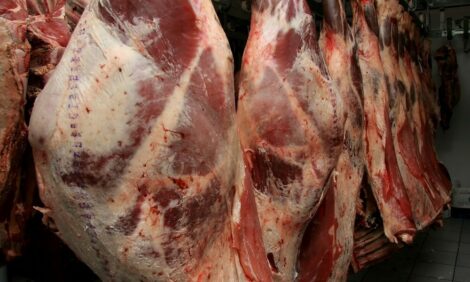



Costa Rica Allows Importation Of US Cattle
WASHINGTON — The U.S. Department of Agriculture’s Animal and Plant Health Inspection Service (APHIS) and Foreign Agricultural Service (FAS) today announced that consistent with international standards, Costa Rica will allow the importation of U.S. cattle of all ages born after implementation of the United States’ 1997 ruminant-to-ruminant feed ban.“This decision further affirms that the United States’ science-based mitigation measures for BSE effectively protect animal health and food safety,” said APHIS Acting Administrator Cindy Smith. “We are pleased that Costa Rica is following international standards that support market access for U.S. cattle and we will continue to urge our other trading partners to do the same.”
In May 2007, the World Organization for Animal Health (OIE) formally classified the United States as a controlled risk country for bovine spongiform encephalopathy (BSE). This status confirms that U.S. BSE regulatory controls are effective and that U.S. cattle of all ages can be safely traded.
Costa Rica stopped allowing the importation of U.S. cattle after BSE was detected in an imported Canadian cow in Washington state in December 2003. APHIS has worked closely with Costa Rica since that time to allow for market access. APHIS and FAS will continue to ensure that countries take steps to align their requirements with international standards.
TheCattleSite News Desk


